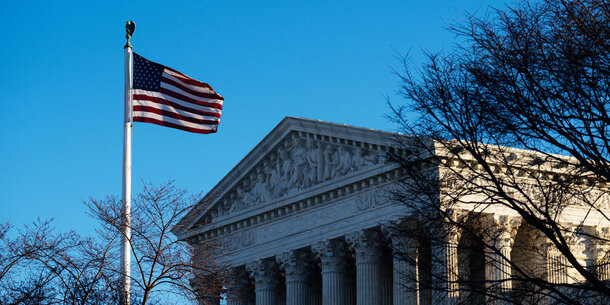This essay is part of the series Protests, Insurrection, and the Second Amendment.
ABSTRACT: Modern First Amendment doctrine was created in the second half of the 20th century and built on the foundation of prophetic dissents of Justices Oliver Wendell Holmes Jr. and Louis Brandeis in response to a paradigm of outsider violence — acts perpetrated by anarchists, communists, and other marginal figures who had virtually no chance of succeeding in their political aims but nonetheless posed a threat to public safety. The key precedents may prove inadequate in confronting a threat not seen in the United States since before the recognition of civil rights and civil liberties during the Warren Court era. We are now witnessing a resurgence of insider violence by substantial numbers of supporters of one of the two major political parties. Whereas outsider violence chiefly poses the risk of a breach of the peace, insider violence poses that risk as well as a threat to democracy itself.
Insider violence appears to be on the rise. In recent years, and especially during the last year of the Trump administration, armed protesters have functioned as the unofficial shock troops of a political movement that captured the presidency and a great many seats in Congress and state legislatures. Counterspeech against this movement has limited utility, as the movement aims less to persuade than to intimidate. A proper diagnosis requires disaggregating political violence into its insider and outsider variations. Finding a cure will likely be difficult. Although modifications to First and Second Amendment precedents may be necessary, neither will be sufficient. Extreme partisan polarization raises the stakes of politics to the point that many people view them as existential, thus justifying violence. Absent political realignment, insider violence will continue to pose a serious challenge to the survival of democratic institutions.


